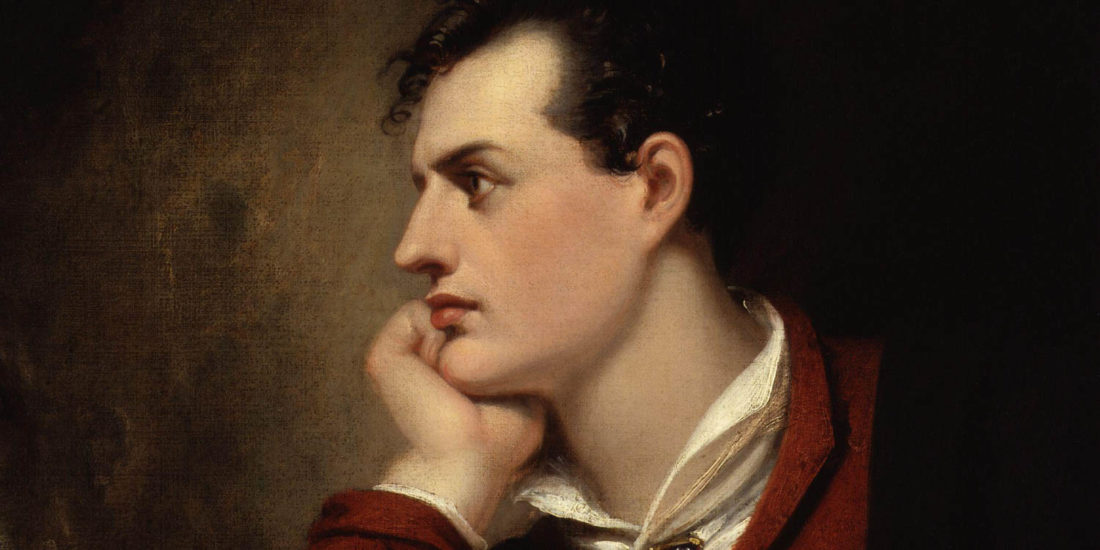The reception history of British Romanticism in twentieth-century China unfolds a drama of vicissitude, corresponding to the tumultuous course of the Chinese national history and violently shifting literary politics. While all foreign literature, texts or trends, are reconfigured by its interaction with the national tradition, the afterlife of British Romanticism in China is distinguished by the radically divided and polarised responses it had received in the past century. This paper considers British Romanticism from several of its key aspects, namely, radicalism, self-expressiveness, and naturalism, and examines how each of them had been treated with drastically contradictory stances in China along with the conflicting ideologies taking turns dominating the Chinese centre stage. It also discusses the significance of the intermediary of Japanese, German, and Soviet sources in the Chinese reception of British Romanticism, and being twice removed from the original might have contributed to the predominant emphasis on what is without instead of what is within British Romantic poetry. Despite the consistently instrumentalist approach China had taken to British Romanticism, the paper concludes with the profound, though implicit, legacy British Romanticism had left in China. Almost all the leading modern Chinese poets who had participated in the formation of Chinese new (vernacular) poetry had been inspired in one way or another by their British fellow poets, who thereby inscribed their names on the Chinese poetic tradition. The remarkable tenacity of British Romanticism in surviving the trying circumstances in China derived, after all, from its power of poetry.
Image | Lord Byron by Richard Westall (1813)

